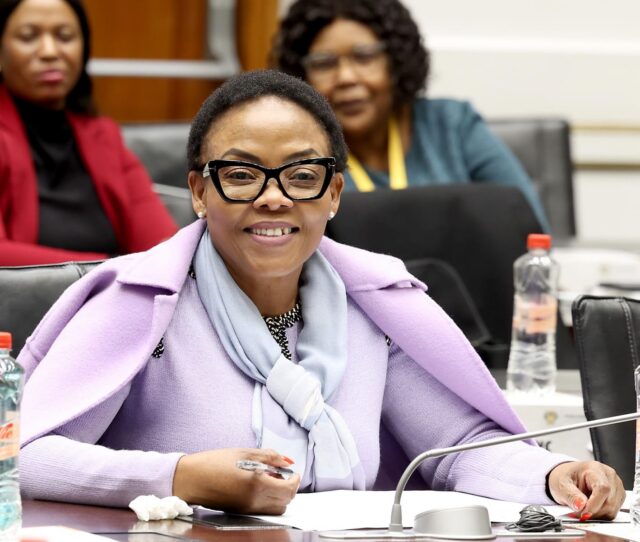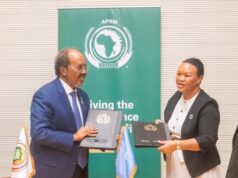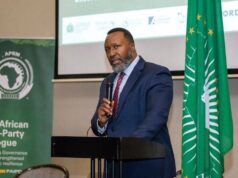The Department of Public Service and Administration (DPSA) will publish quarterly progress reports detailing action plans, timelines, and responsible units to ensure that the National Dialogue, announced by President Cyril Ramaphosa, serves as a catalyst for change rather than just another talk shop.
This announcement was made by Public Service and Administration Deputy Minister Ms. Pinky Kekana during the 2025/26 budget vote for the Ministry, which was held on Wednesday at the Good Hope Chambers in Cape Town.
“President Ramaphosa announced the National Dialogue as a platform for co-creating solutions to our nation’s greatest challenges. The DPSA leads the public service pillar of this Dialogue, convening focus groups with front-line workers, union representatives, and departmental leaders to address real-time challenges and generate innovative ideas,†she stated.
“We will publish quarterly Dialogue progress reports that include action plans, timelines, and responsible units, ensuring that the National Dialogue does not become yet another talk shop but a true catalyst for change,†she added.
Focus on Youth Employment
As part of the government’s efforts to enhance youth employment, Deputy Minister Kekana emphasized that the DPSA is committed to meeting departmental internship and learnership targets for the 2025/26 year.
She outlined the department’s rigorous progress measurement methods, which include:
- Continuous performance reviews, including scrutiny of Annual Performance Plans (APPs).
- Quarterly public dashboards on Government Employees Housing Scheme (GEHS) enrolment’s, GEMS uptake, CPSI innovations, National Dialogue inputs, and outreach milestones.
- Building whistleblower capacity and anti-corruption activities across national and provincial departments.
Addressing Public Servant Workload
Deputy Minister Kekana pointed out that frontline public servants are facing an increasingly heavy workload, as the country’s population has risen from 54 million to 62 million over the past decade, while the public service workforce has remained roughly at 1.2 million.
This has led to a rise in the citizen-to-public-servant ratio from 45:1 to over 51:1, creating a significant strain that affects service delivery quality. To alleviate these pressures, she reaffirmed the government’s commitment to support the workforce across three key pillars:
- Housing: The Government Employees Housing Scheme (GEHS) has seen beneficiaries grow from 352,103 in 2015 to 824,878 by March 2025. The housing allowance has increased from R900 to R1,900, yet 174,967 eligible employees are still not receiving it.
- Health: The Government Employees Medical Scheme (GEMS) remains the largest medical scheme in the country, covering 880,563 members and 2,394,094 beneficiaries as of the end of 2024. GEMS offers chronic care benefits and disease management programs to support public service employees’ physical and mental health. Efforts to reduce co-payments for health services are showing positive trends, and the scheme is enhancing its Health and Wellness Programme to provide counseling, screening, and preventative care services.
- Innovation: The Centre for Public Service Innovation (CPSI) has identified over 60 scalable projects through its Annual Innovation Awards, including solar-powered schools in Limpopo and mobile clinic triage in the Western Cape.
Project Africa First
On April 14, 2025, the DPSA, in partnership with the National Department of Health, launched Project Africa First.
This public-private partnership aims to respond to President Ramaphosa’s call for localized pharmaceutical manufacturing, enhancing healthcare access across the continent while boosting the national economy through intra-Africa trade optimization under the African Continental Free Trade Area (AfCFTA).
Deputy Minister Kekana concluded by reiterating the government’s commitment to building a capable and responsive public service that meets the needs of all South Africans.









